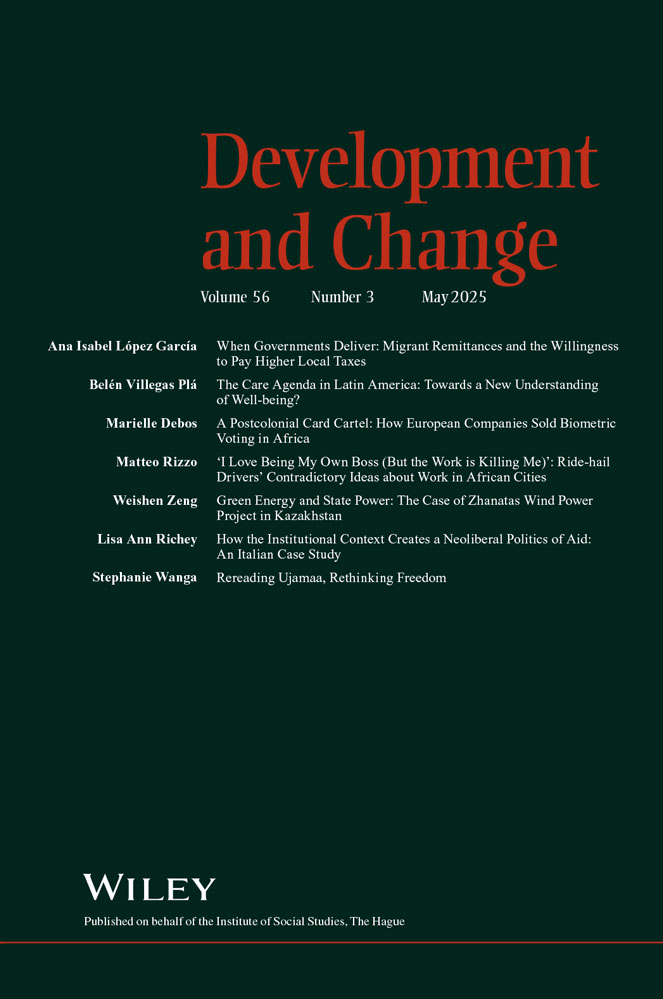Establishing Development Orthodoxy: Negotiating Masculinities in the Water Sector
I would like to thank Simon Marvin, Carlos Crespo and Pamela Calla who helped shape the arguments here. Thanks also to Linda Peake and three anonymous reviewers who commented very helpfully on earlier drafts. Fieldwork was funded by the Department for International Development/British Council Higher Education link on gender and development between Newcastle and San Simón University and the Economic and Social Research Council project grant L214252021(1999).
Abstract
Despite important work in development studies on the ‘male bias in the development process’, it is generally recognized that gender and development analyses have been slow to engage with masculinities. Focusing attention on the nexus between identity and globalizing development discourses, this article explores the relationship between masculinities and development through an analysis of the gendering of water paradigms. By analysing the example of the recent Cochabamba water wars in Bolivia, and placing them in historical context, the author explores how gendered representations and language are used to downplay and upgrade particular understandings of modernity as they relate to water management, and examines the mechanisms through which specific gendered identities become associated with the most successful versions of ‘modern’ development.




